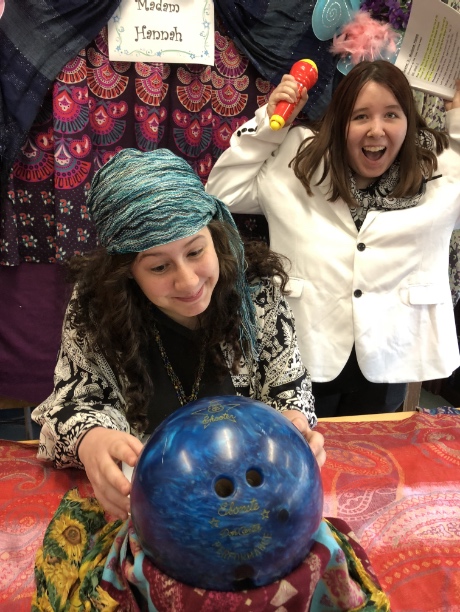Le Roy special education recovering from poor student progress and data compliance issues
When Le Roy Board of Education members were warned that special education students were not making adequate progress, Denise Duthe asked, “When you look at where we are putting our money and where we are focusing our time, what are we doing? What do we need to do?”
Consultant Bonnie Whitney, Ph.D., responded, “Before you start more programs, I think we need teachers to be able to teach kids to think … There needs to be more intervention with just helping the students understand themselves.”
The special education program consultant update was a main focus at the Tuesday board meeting.
Whitney said that she and Le Roy special education faculty members have developed learning models for teachers of underperforming students with special needs.
“One of the observations that was very clear is our students were being helped to complete tasks. That’s not learning,” she said. “If the students cannot walk away and say, ‘I know how I did this,’ they haven’t learned.”
In addition to concerns about the lack of student progress in special education classrooms, Whitney spoke about compliance issues with New York State Department of Education requirements.
Due to poor data maintenance in past years, the district was only able to recover full state funding for special education programs from 2016 to 2019. Whitney said that Chelsea Eaton, the new director of special education and student services, will ensure future data collection is done correctly.
Whitney said, “It’s a mistake that we couldn’t recover completely, but we can move forward. Those are not easy processes to do.”
Whitney recommended new lesson plan templates for special education teachers to remedy student performance issues. The templates explain how instructors can better understand developmental disabilities, identify factors that disrupt learning, and set goals for students with special needs.
Whitney said special education teachers have been very responsive to improvements in compliance and program effectiveness.
“We really looked at whether the teachers are instructing the students to gain information to help them either cope with their disability, overcome their disability, but certainly not succumb to their disability,” Whitney said.
In other action, the Board:
— Recognized the varsity baseball and track and field teams for their athletic and sportsmanship achievements during the spring sports season.
— Discussed the breakfast and snack packages that will be provided for elementary Summer Academy students. A new feature of this summer learning program is that students are allowed more flexibility in attendance as they participate in the academy.
— Developed a new District-wide School Safety Plan, which is open for public comment until June 23.



